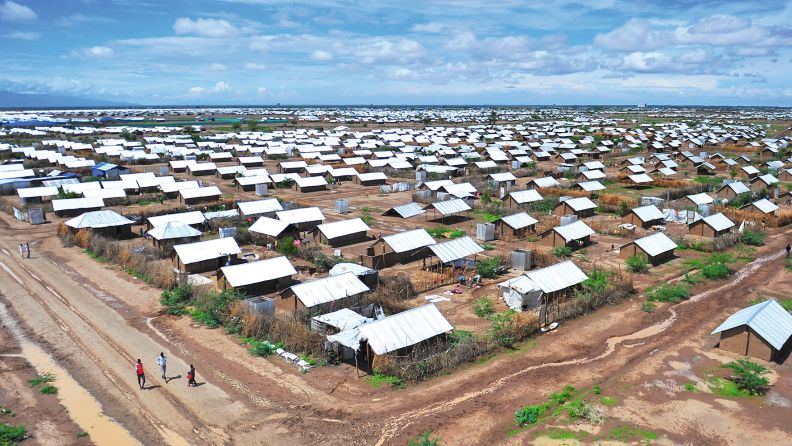Championing Cultural Connections, Guided Mentorships, and Empowering Women Against GBV.
In the heart of Turkana County, Kakuma Refugee Camp stands not just as a sanctuary for those displaced by conflict and hardship, but as a beacon of hope, innovation, and community building. Amidst the vast mosaic of cultures and backgrounds, the camp has taken on a unique approach that differentiates it from many other refugee setups. Our mentorship programs approach fostering cultural connections, guided mentorships, and empowering women against Gender-Based Violence (GBV).
1. Cultural Connections: Breaking Barriers, Building Bridges
Refugee camps, by nature, are melting pots of diverse cultures, languages, and traditions. Kakuma, hosting refugees from various parts of Africa, is no exception. However, where many camps struggle with internal cultural conflicts and a disconnect with the host community, Kakuma is actively breaking those barriers. Through our Cultural Exchange Programs, we bring together refugees and members of the host community to share, learn, and appreciate each other’s customs, music, art, and stories. This mutual understanding and respect foster a harmonious environment, ensuring both communities coexist, learn from, and support each other.
2. Guided Mentorships: Lighting the Path Towards Self-sufficiency
Mentorship is a powerful tool, especially in a refugee setting where guidance can make all the difference in navigating new terrains, both cultural and professional. By connecting refugees with mentors—be it from within the camp, the local community, or even international partners we ensures that every individual, regardless of their past, has the support to carve out a future. These mentorship programs are pathways to knowledge sharing, skill development, and, most importantly, hope. This program symbolize a bridge to a better life, providing refugees with practical advice and emotional support in their journey towards self-sufficiency.
3. Empowering Women Against GBV: A Non-negotiable Commitment
The GBV program places significant emphasis on the protection and empowerment of kakuma’s most vulnerable population—women. Gender-Based Violence is a pervasive issue in many refugee camps, exacerbated by cultural norms and the lack of proper protective measures.
In Kakuma, we are shifting the narrative. By organizing women’s conferences, the we provides a platform for women to voice their concerns, share their experiences, and collaboratively find solutions. Moreover, with increased advocacy on GBV and mitigation, we are making a loud and clear statement: violence against women will not be tolerated, and every measure will be taken to safeguard the rights and dignity of its female residents.
Conclusion
Saidia Initiative’s approach is unique because it does not see refugees as mere beneficiaries but as partners in progress. By championing cultural connections, we acknowledge the wealth of diversity and the potential for unity. By offering mentorships, we recognize the aspirations of Kakuma residents and provides tools for their realization. And by advocating against GBV, we underscore its unwavering commitment to creating a safe, respectful, and equal community.
In essence, our unique approach underscores the belief that with understanding, guidance, and empowerment, even the most challenging setups can be transformed into hubs of growth, harmony, and hope.




